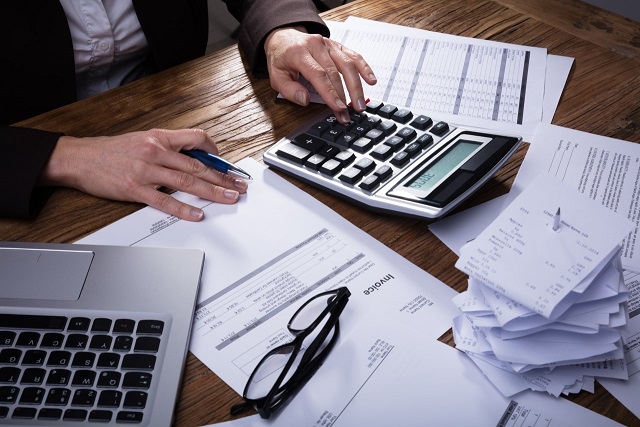Filing taxes can be a daunting task for anyone. But the process is even more complicated when you’re self-employed. Taxes are not just about making sure you pay your fair share to Uncle Sam, but it’s also about keeping track of all the deductions and credits you qualify for. We want to help make filing your taxes easier by explaining what the IRS expects from self-employed taxpayers, how to calculate your tax liability, and how to find out if you qualify for any deductions or credits.
We’ll also go over some tips on how to organize your paperwork and get a jump on filing before April 18th!
What the IRS Expects From Self-Employed Taxpayers
The IRS provides a few guidelines for how to keep track of your personal finances when you’re self-employed.
Firstly, the IRS expects that income and expenses are reported on a calendar year basis. So if you earned $10K last year, you should report that on your tax return in the current filing season. Additionally, the IRS expects self-employed taxpayers to maintain records of certain deductions or credits they may qualify for. This includes qualified business expenses, depreciation of equipment, home office deductions, etc.
How to Calculate Your Tax Liability
How do you know if you have to pay taxes?
Your tax liability depends on your earnings and your filing status (single, married, widowed, etc..). Here are some guidelines that the IRS provides based on previous years:
- If your annual income is below $100,000, you’ll owe no more than 12-22 percent of that income in federal income taxes.
- If your annual income is between $100,000 and $250,000, you’ll owe 22-35 percent.
- If your annual income is over $350,000, you’ll owe 24-37 percent.
Qualified tax attorneys can not only help you calculate your tax liability, but also what deductions and credits you may be eligible for to save you money.
Ways to Organize Paperwork
One of the biggest challenges for self-employed taxpayers is figuring out how to organize their tax documents. This can be a lot easier said than done, as it entails finding where you filed previous years’ taxes, as well as keeping track of receipts from all your business expenses.
To make this process easier, it’s important to have a system in place to organize your paperwork and keep it all in one place. Here are a few ideas to help you stay organized:
- Use a filing cabinet or folders to keep track of paperwork that needs your attention.
- Create a “To Do List” on Excel or Google Sheets that includes everything that still needs your attention including updates on past years’ tax filings, expenses, and payment information.
- Take pictures of receipts with your smartphone before you file or throw them away. This way if something gets lost or misplaced, you’ll always have backup pictures on your phone!
Tips for Filing
While many self-employed individuals are aware that they have to file taxes, they don’t always realize that the process is different from filing taxes as an employee.
The first step in filing taxes as a self-employed taxpayer is to make sure you understand the different requirements and rules of filing taxes. You’ll want to contact your accountant, tax attorney or visit the IRS website for more details on what’s required. Once you get all of your documents together, it’s time to organize them before you dive into filling out the forms.
Organizing your paperwork can seem like a daunting task, but it doesn’t have to be. One method that works well is indexing your documents by type (receipts, job expenses). With this method, you simply create folders for each type of document and sort them accordingly! For example, receipts are sorted by date with the newest receipts at the top of the folder. If there’s space, label these folders using numbers or letters corresponding with categories like “taxes” or “depreciation”. Using this method will save time when it comes time to fill out your tax forms and file them.
If you’re self-employed, it’s important to be aware of the tax implications and responsibilities. You need to know how to calculate your tax liability, how to keep track of your documents, and what credits and deductions you can take. Once you’ve considered these factors, you’ll be able to file your taxes with ease.
